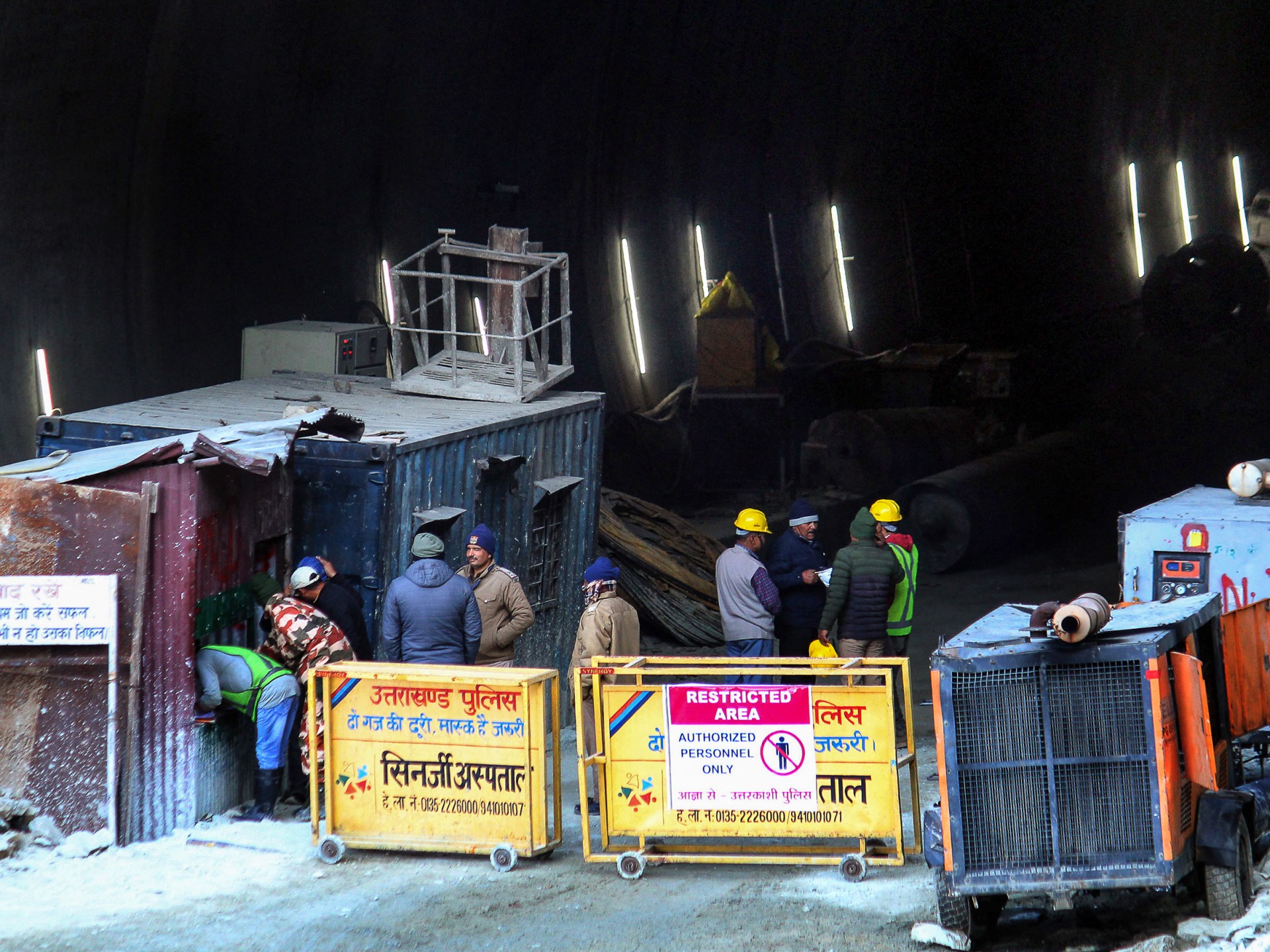Remaining adamant may further hurt Kurds
He was very much concerned that such an ethnic confrontation could trigger an all-out civil war in Iraq and pose a serious security threat to Turkey.
Gül was speaking with the TDN in a fashion very similar to that of former Prime Minister Mesut Yılmaz. “You could run two commercials between two of Yılmaz’s words,” we used to joke in those days, since the former premier made huge pauses between words. His supporters said in his defense that he had to weigh every word he uttered. During the interview with the TDN one could easily have placed a series of commercials between every two sentences that Gül uttered.
The foreign minister was careful in underlining that Turkey has no intention of intervening in Iraq but cautioned at the same time that should the Kurdish factions persist with their campaign of changing the demographic composition of Kirkuk, an ethnic confrontation could become unavoidable and could create strong sentiments among Turks that could force the government to resort to an action it would not have otherwise considered.
“In a democratic country governments cannot remain indifferent to the sentiments of the public,” he said in expressing his worry.
The minister elaborated at length about the 1926 and 1932 documents verifying the ethnic Turkmen character of Kirkuk, the security arrangement made during those years against the incursion of “bandits” from Iraq into Turkey as well as Turkey’s pledge not to pose a security threat to the young Iraqi state.
Have things changed since then? According to Gül and Turkish government sources, despite the immense Arabization programs of past Iraqi governments — most brutally by the Saddam Hussein regime — the Turkmen character of Kirkuk could not be erased. The “bandit” threat, on the other hand, was transformed into something different but continued to be a security concern for Turkey.
The aspirations of the Iraqi Kurdish factions to create an independent state in northern Iraq are being followed in Ankara with caution and concern. Such a development could drag the entire region into chaos, the outcome of which could be very damaging for everyone.
Of course, Ankara hopes the Iraqi elections held yesterday will constitute a step towards the restoration of normalcy in our next-door neighbor, as Turkey is very much aware that Iraqi peace and stability and the restoration of central government are vitally important for the security of this country.
But developments in Kirkuk as well as the election statements made by Iraqi Kurdish leaders are hitting a raw nerve in Ankara.
Only Sunday Iraqi Kurdistan Democratic Party (KDP) leader Massoud Barzani reiterated the Kurdish claim for control of Kirkuk — where Kurdish leaders encouraged and financed a migration of Kurds from other parts of Iraq and neighboring countries in anticipation of changing the demographics of the city. They expected that a larger number of Kurdish voters would boost the chances for Kurdish control of Kirkuk and the city’s chances of becoming part of the federal Kurdistan region — and declared that Kurds were not interested in what Turkey or any other country said on the issue.
Furthermore, he also declared that an independent state would be set up in the north of Iraq, although he does not know when this might happen.
The Iraqi Kurdish factions must carefully weigh where their interests lie. Turkey does not want to get involved in a probable civil strife in Iraq, but as Gül warned, no Turkish government can remain indifferent to a mounting public outcry should some adventurous moves land Iraq into an ethnic confrontation.
Just as this country over the past decade helped Iraqi Kurds escape the barbaric oppression of the Saddam regime, it might be compelled to take action to save its Turkmen or Arab kin there as well.
Insisting on remaining adamant may hurt the Kurds even more…



